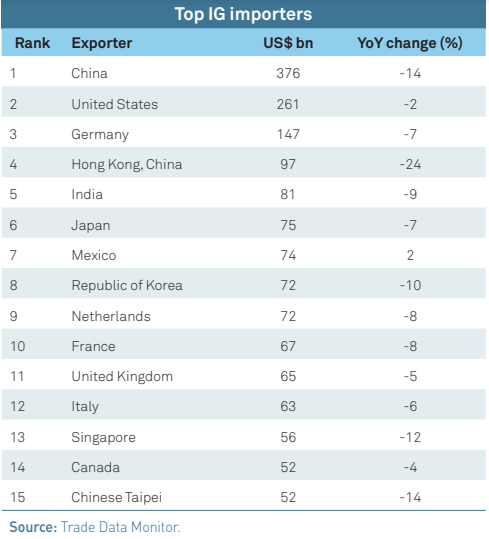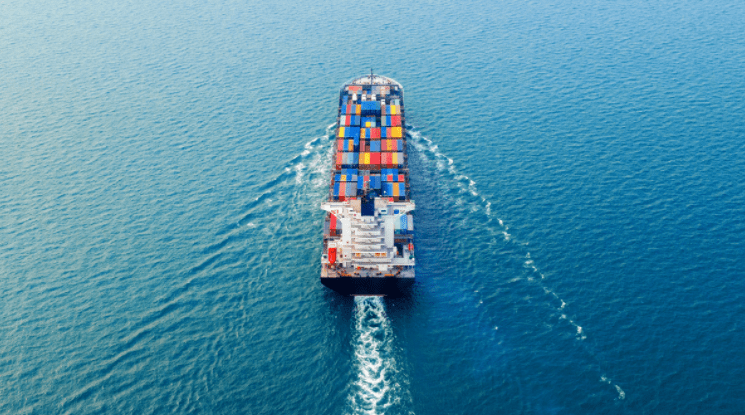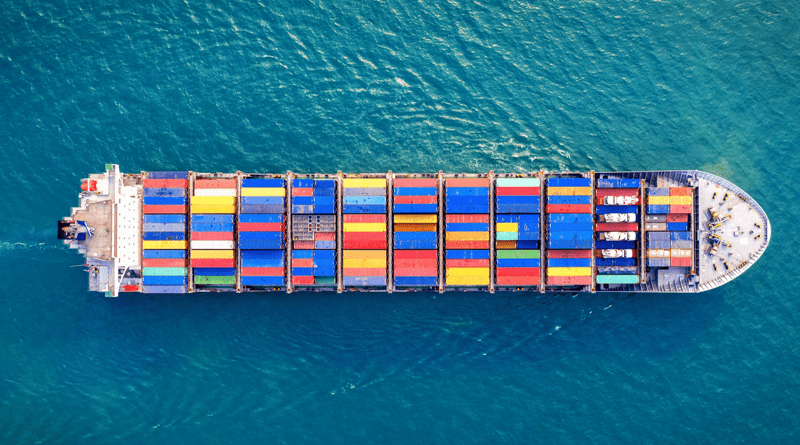The world’s top importers of intermediate goods from October to December 2022 were China, with $376 billion, and the United States, with $261 billion, the World Trade Organization (WTO) reported Monday.
This was followed by Germany ($147 billion), Hong Kong ($97 billion), India ($81 billion), Japan ($75 billion) and Mexico ($74 billion).
The WTO indicated that the 14% decline in China’s imports of intermediate goods was of a similar proportion to the fall in its exports of the same type of goods (15%), indicating an overall slowdown in activity within production chains by the end of 2022.

An even greater downward trend of 24% was observed in Hong Kong, China.
As was also observed in early 2022, this drop in the level of imports of intermediate goods was due to the slowdown in trade between the two economies in high-tech components, parts and accessories.
Also, Chinese imports of computer memories from the Republic of Korea declined sharply, by around 30% y-o-y, in the fourth quarter of 2022, possibly as a result of U.S. trade measures against China.
Importers of intermediate goods
In the last quarter of 2022, global supply chains faced disruptions caused by the geopolitical context, raw material shortages, high energy prices and weak or fluctuating industrial and consumer demand, especially in Europe and the United States.
With few exceptions, most interregional and intraregional trade flows in the intermediate goods sector declined sharply by the end of 2022.
In particular, intra-Asia trade in intermediate goods declined by 16%, indicating a slowdown in regional supply chains.
A similar trend was observed in Europe, where regional trade in industrial inputs declined 10 percent.
Exports of intermediate goods to South and Central America from all regions declined the most.
China notably reduced its exports of semi-manufactured metals (iron and steel products) to the region by two-thirds in Q4 2022 (from $945 million to $321 million).
This was likely related to China’s reduction in crude steel production as part of an environmental policy aimed at reducing carbon emissions.

Other relevant importers of international goods in the world were South Korea, the Netherlands, France, the United Kingdom, Italy, Singapore, Canada and Taiwan.

